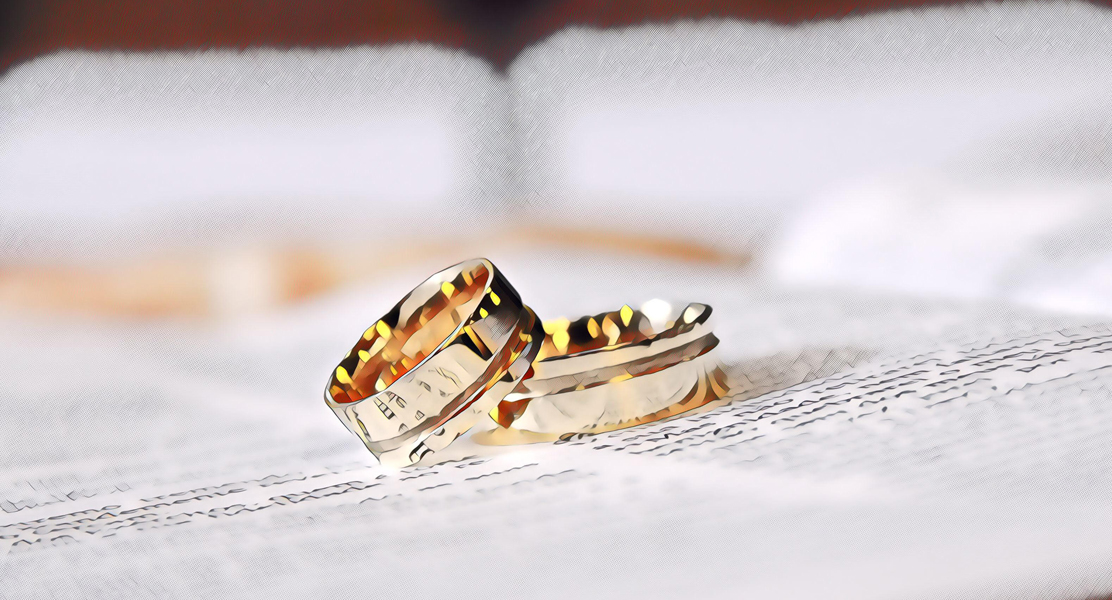Texas law barring non-clergy from officiating weddings upheld as constitutional

Can a state allow religious leaders to conduct marriage ceremonies while refusing to allow secular individuals (other than government officials) to perform that function? A federal court has said yes, and dismissed a constitutional challenge to a Texas law that only authorizes persons who are “officers of a religious organization…and secular governmental officials to solemnize marriage ceremonies…”
The plaintiffs in the case, including two individuals who are not clergy but seek to solemnize secular marriage ceremonies, argue the law violates the Establishment Clause of the First Amendment by creating a preference for religion over non-religion. The court applied the Lemon test – which requires that a statute must 1) have a secular purpose, 2) must not promote or appear to endorse religion, and 3) must not excessively entangle the state with religion – and concluded that the law passes all three prongs of the test.
In analyzing the second prong, the court addressed the issue of whether the law favors religion over nonreligion unlawfully by providing that clergy as well as government officials can conduct ceremonies. Here is an excerpt from that section of the opinion:
[T]he Court does not find that a reasonable observer would view the Statute’s principal or primary objective to advance or endorse religion. . . . . At most, the Statute provides a benefit to religion that is indirect or incidental in light of the historical context of this Statute; however, this does not make the Statute unconstitutional. The Statute still provides for civil, nonreligious ceremonies performed by judges, while also allowing those who wish to be married in a religious ceremony to do so. Although Plaintiffs may take issue with the secular officials the Statute provides for, the Court does not find any binding case law to support that this selection constitutes an establishment of religion …
In 2014, the 7th Circuit Court of Appeals (which does not cover Texas) found that a similar law in Indiana is unconstitutional because it “favored religious organizations and their adherents over secular belief systems and their adherents.” The Texas court is not bound by that decision but noted some significant differences between the two laws, including language in the Indiana law that appeared to favor some religious sects over others.
The Washington Post’s helpful coverage of the court’s ruling includes interviews with church-state scholars who tend to believe the law is unconstitutional, including University of Virginia law professor Douglas Laycock, who said restricting wedding officiants on the basis of religion “hasn’t come up very often before because everyone is so used to it and because it just seemed the natural order of things.”
The article also notes that the plaintiff organization in this case, The Center for Inquiry, “plans to file more lawsuits against a range of states in the coming months.”




